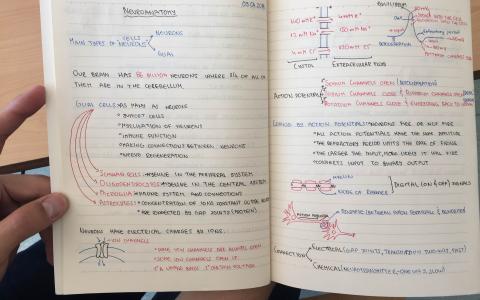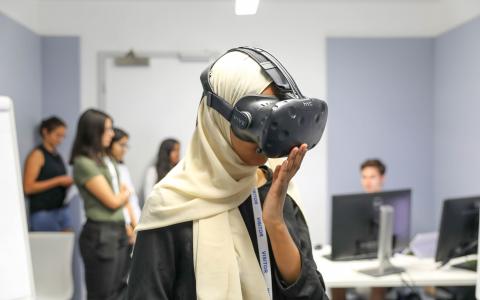
TReND-CaMinA: improving access to computational neuroscience and machine learning in Africa
By April Cashin-Garbutt
Meaning ‘go forwards’ in Spanish, CaMinA feels a fitting acronym for a new computational neuroscience and machine learning summer school in Africa. Aimed at enhancing scientific capacity in one of the regions most affected by scientific inequality, the course seeks to engage students in two emergent and cost-effective fields of research. To find out more about the summer school, I spoke with Tom George, a PhD student at SWC just back from the second TReND-CaMinA course in Kigali, Rwanda. With great enthusiasm, he shared the story of the summer school.
The spark of an idea
Scrolling through Twitter one day, Tom spotted an intriguing post by Dr Gabriela Michel, a neuroscientist at Janelia-HHMI. Gabriela, along with GCNU-alum Dr Joana Soldado-Magraner and her twin Dr Saray Soldado-Magraner, had conceived the idea of a summer school focused on computational neuroscience and machine learning in Africa. Eager to contribute, Tom reached out to them and soon became an integral part of the organising team.
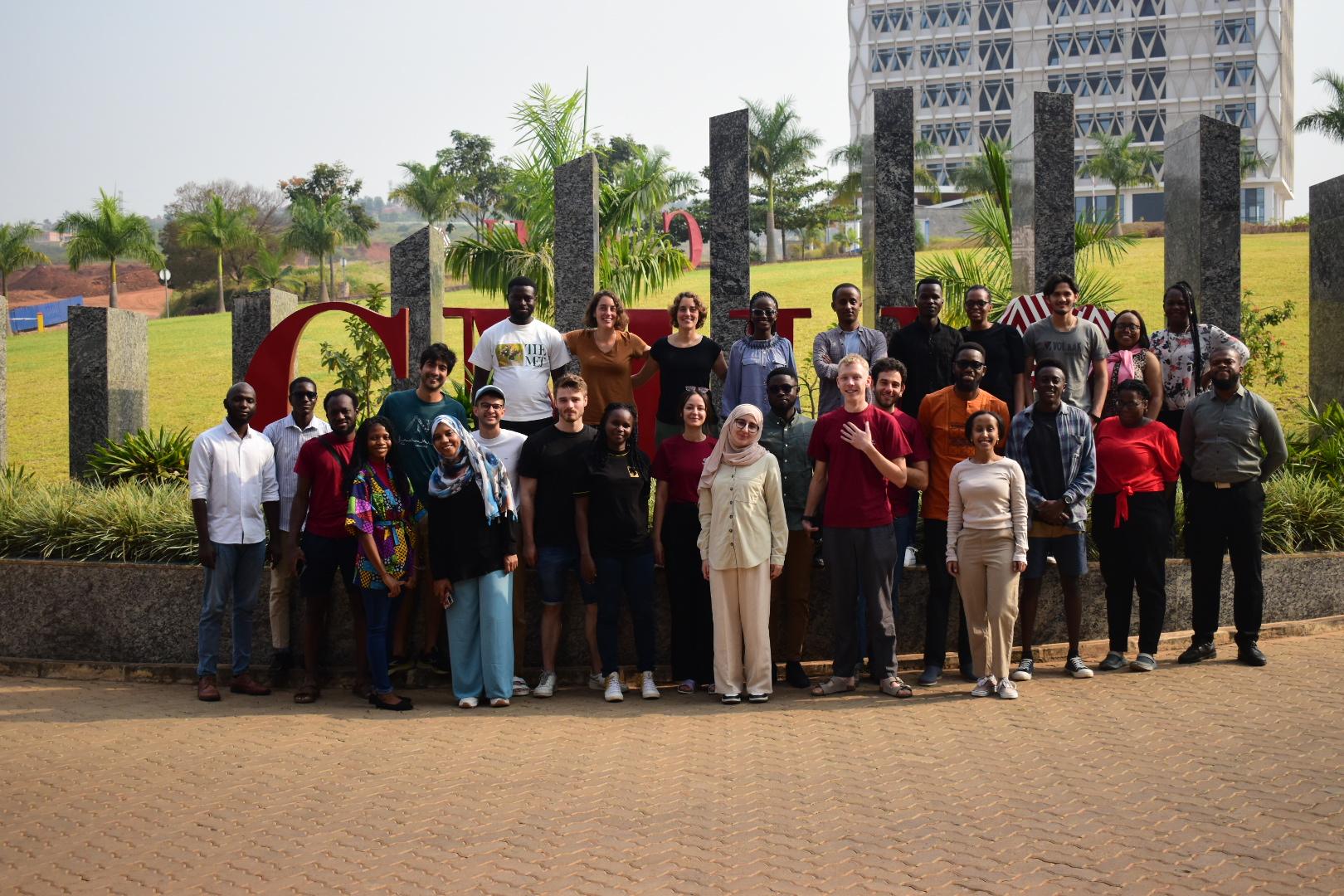
Building a solid foundation
The first course, held in 2023, was hosted at the University of Ghana in Accra and brought together students from across the continent. In partnership with TReND in Africa (Teaching and Research in Natural Sciences for Development in Africa), a non-profit organisation renowned for its educational initiatives, the team worked to get the project off the ground.
“TReND has been very successful in running courses across Africa over the last decade and they have a big network of connections. They provided us with contacts at African universities and logistical support to get CaMinA up and running,” explained Tom.
The team were eager to rotate the course location each year to benefit students from all regions and establish local hubs of computational neuroscience and machine learning in Africa. This year, CaMinA was hosted at Carnegie Mellon University Africa in Kigali, Rwanda, where twenty students attended from all corners of the continent.
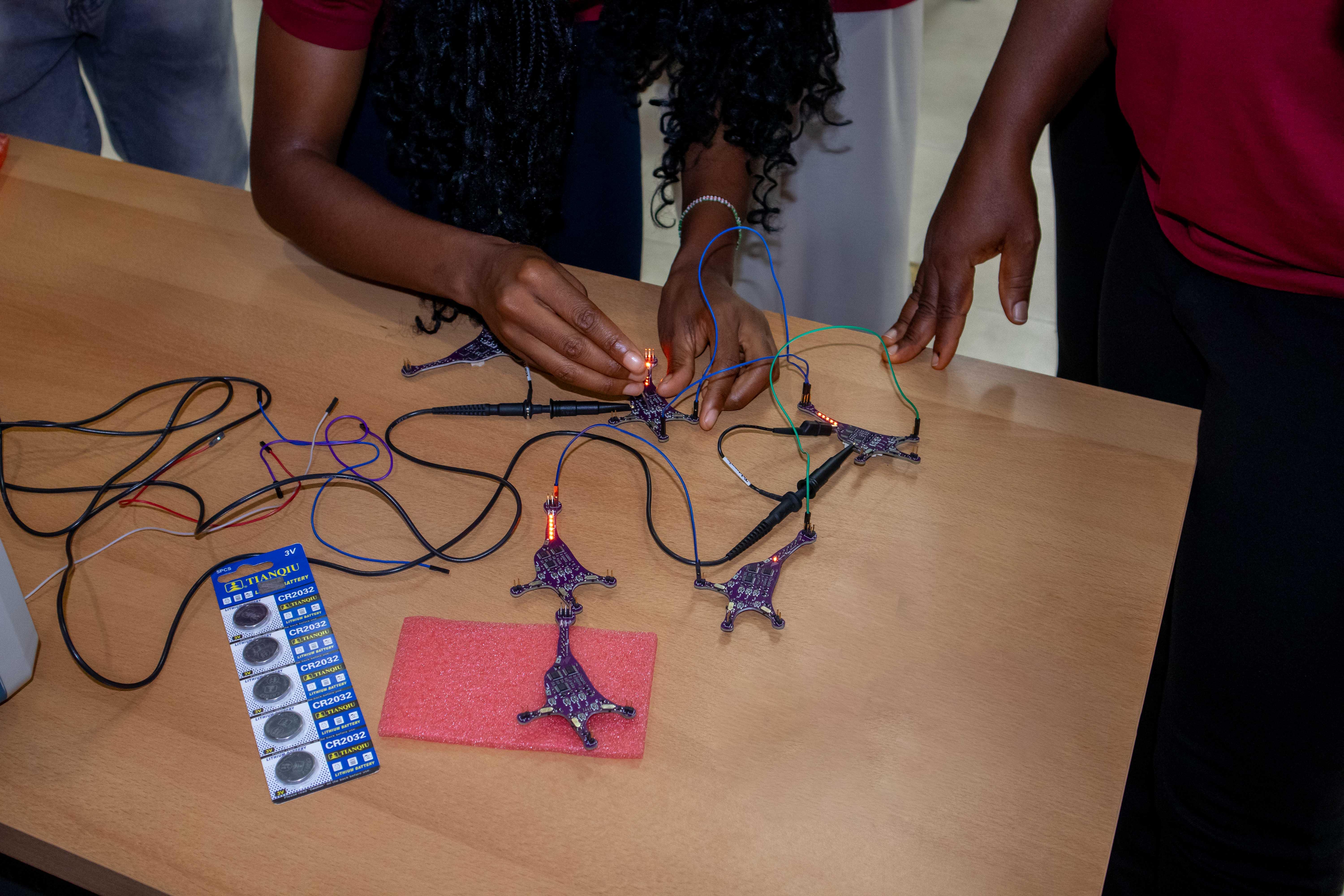
A unique learning experience
As part of the team responsible for organising the teaching, Tom helped design CaMinA to be more than just a series of lectures. The summer school aims to provide a comprehensive learning experience by combining theoretical knowledge with practical application. The course is divided into two main components: a taught component and a project component.
“The summer school consists of two weeks of lectures, which introduce the students to basic neuroscience concepts and also cutting-edge research. The lectures are given by experts from all over the world including two SWC-affiliates this year – one of my PhD supervisors Kim Stachenfeld, who is a Senior Research Scientist at Google DeepMind, and Devon Jarvis, who was previously in Andrew Saxe’s lab at SWC and is now at University of Witwatersrand, Johannesburg,” outlined Tom.
Alongside the lectures, the students work on a project where they use datasets to produce results and present these back to the class at the end of the course. This hands-on approach is crucial to helping students apply the techniques that they learn in real-world scenarios.
This year, researchers from the Allen Institute held a practical data analysis tutorial on their public datasets and oversaw the project component of the course. Students also used RatInABox, a new toolkit for modelling navigation in the brain developed by Tom at the SWC, to learn about spatial navigation and neural representations.
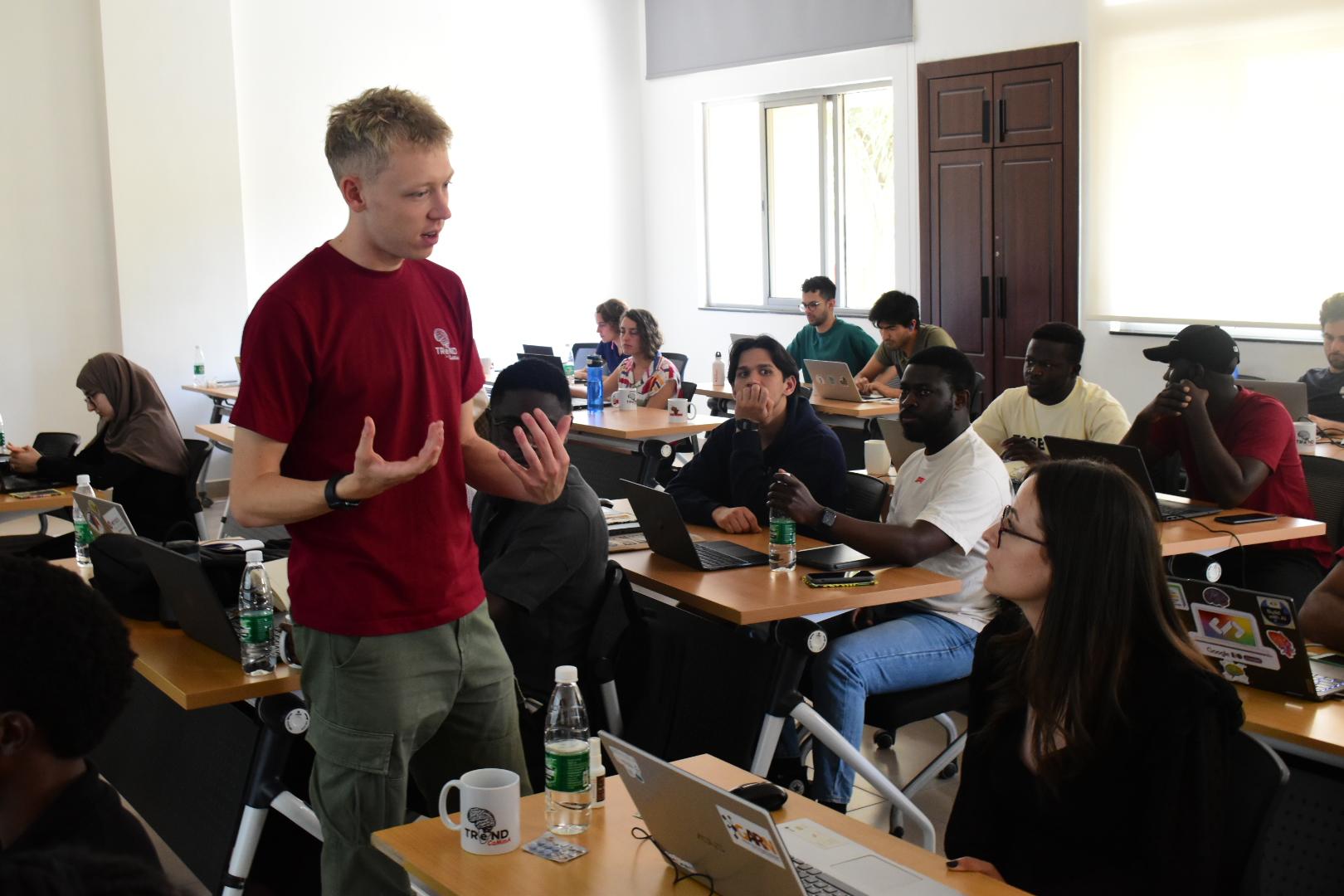
Growing interest from across Africa
From 300 applications for the 2023 course to over 1000 applications to CaMinA in 2024, it is clear to see the growing interest from across Africa. The team have developed a rigorous selection process involving multiple rounds of blind reviews.
“In addition to the applications for CaMinA, we also look at reference letters, CVs and personal statements. We balance students from mathematical and medical backgrounds, and we also try to balance for gender and make sure we have students from lots of different countries across the continent,” commented Tom.
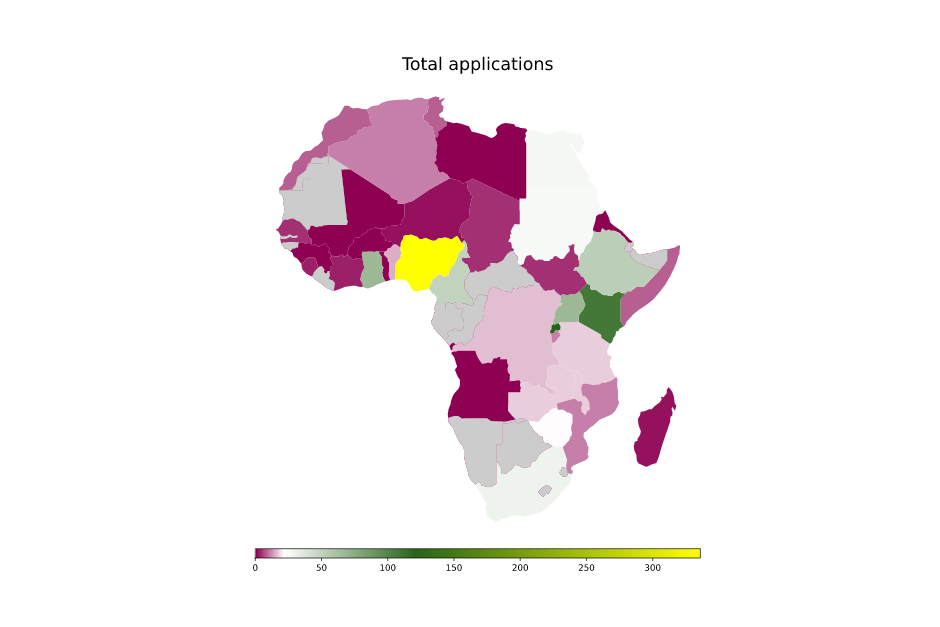
Demonstrating impact
Other than CaMinA, there are surprisingly few introductory level courses covering the basics of computational neuroscience and machine learning in Africa, and so the summer school provides participants with valuable exposure to these fields. The hope is that the course also inspires students in Africa to see computational neuroscience and machine learning as viable career paths worthy of pursuing.
“It has been eye-opening to see the difficulties that are associated with neuroscience in Africa. Africa is an underserved continent that has a lot of potential that’s not being used. Going there to run the CaMinA school helps me to understand the problems that need to be addressed,” expressed Tom.
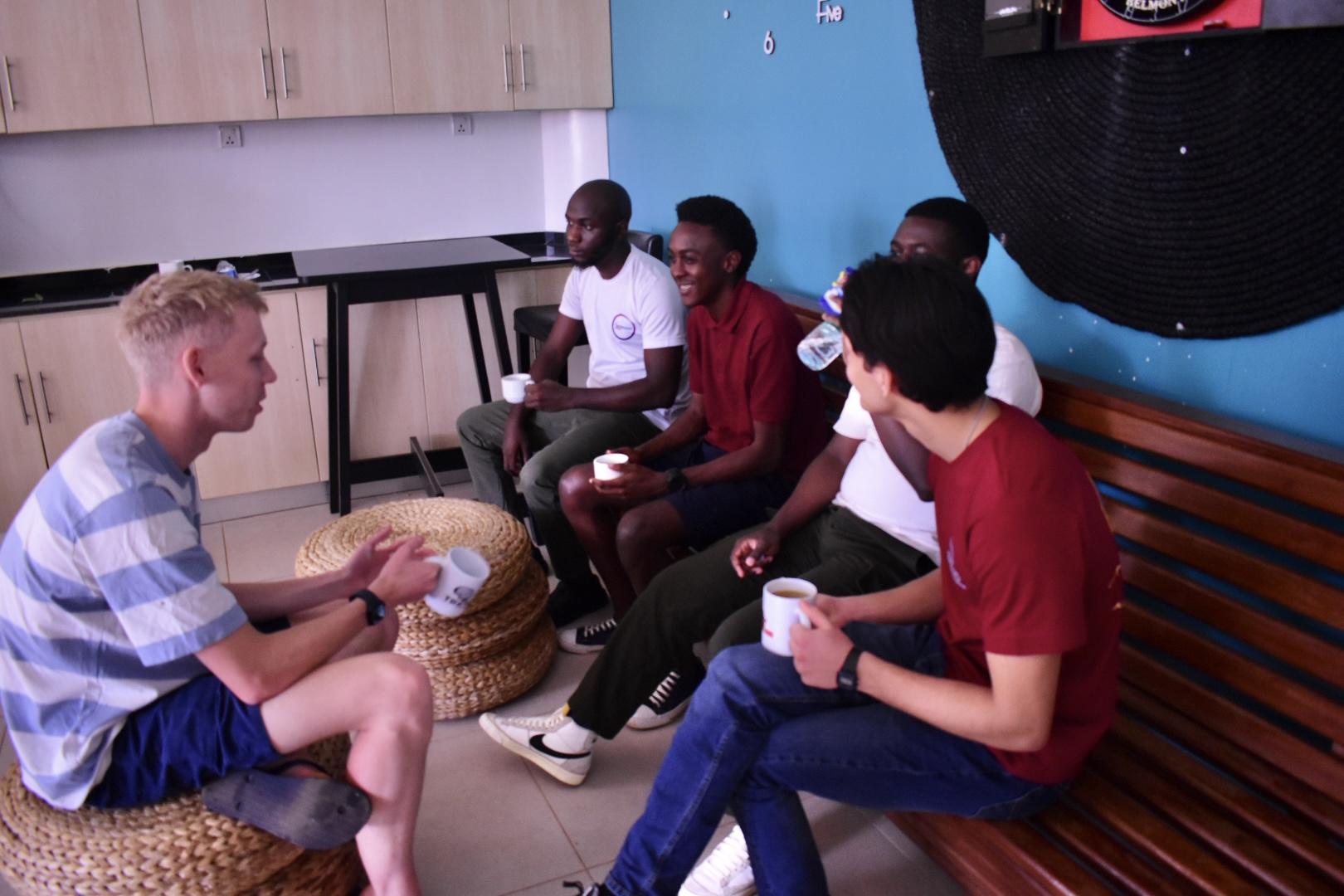
The team regard the CaMinA course as only the beginning. After completing the course the students join an extended community and are kept up to date with potential opportunities. The students are also using this network themselves to share experiences with each other and support their career development.
“We want to prepare the students to help them become more competitive for applying for PhD programmes and other computational neuroscience courses such as Imbizo in South Africa. We were delighted to learn that after completing the 2023 CaMinA course, six students were selected onto Imbizo 2024, which is a significant achievement,” said Tom.
Looking ahead
In addition to making plans for CaMinA next year, the team are looking to build up the course to a stage where it is self-sustaining. All their materials, including teaching materials, schedules and code, is made open source so that it can be used by others.
“Africa is an amazing continent with incredible students who are very motivated to learn, and I have been very grateful to meet so many over the last two years. I hope that the CaMinA alumni can use the course and community to improve their careers and that in five or ten years’ time we see many more of them on the world neuroscience stage,” concluded Tom.
Find out more

